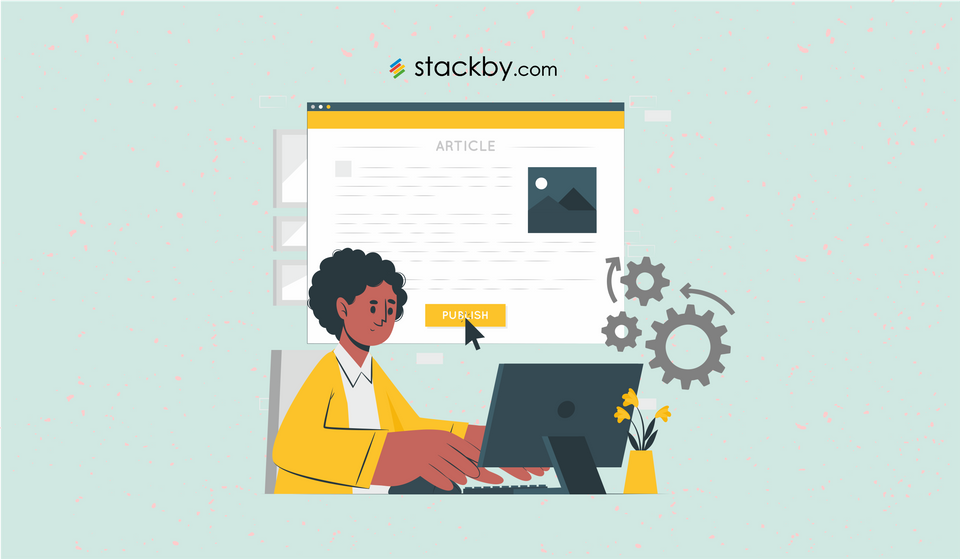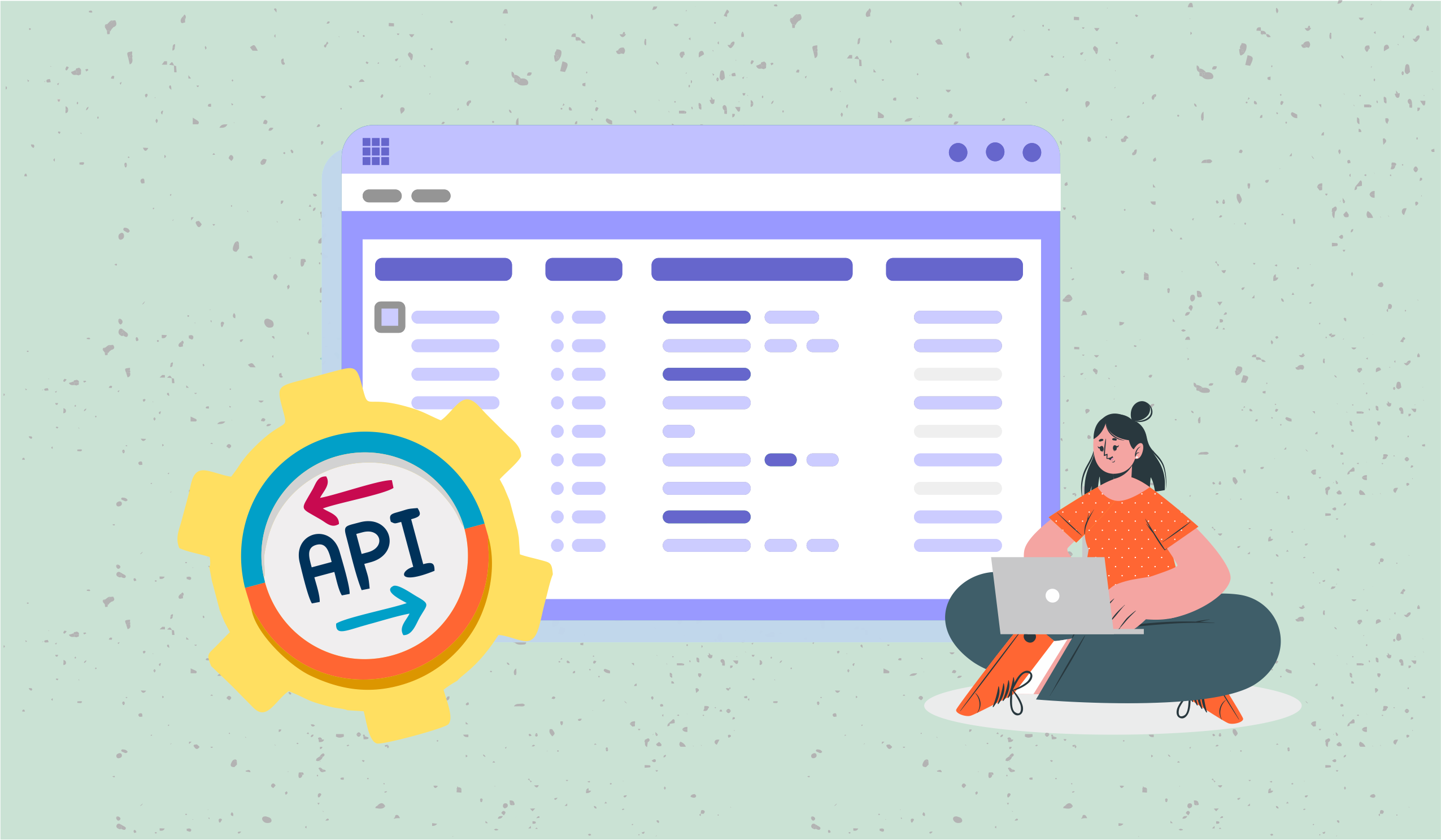Introducing our Latest eBook - Upgrade from Spreadsheets to Databases
Struggling with spreadsheets in your business or company and tired of doing manual tasks, download this free eBook on how you can upgrade your work from spreadsheets to a database.
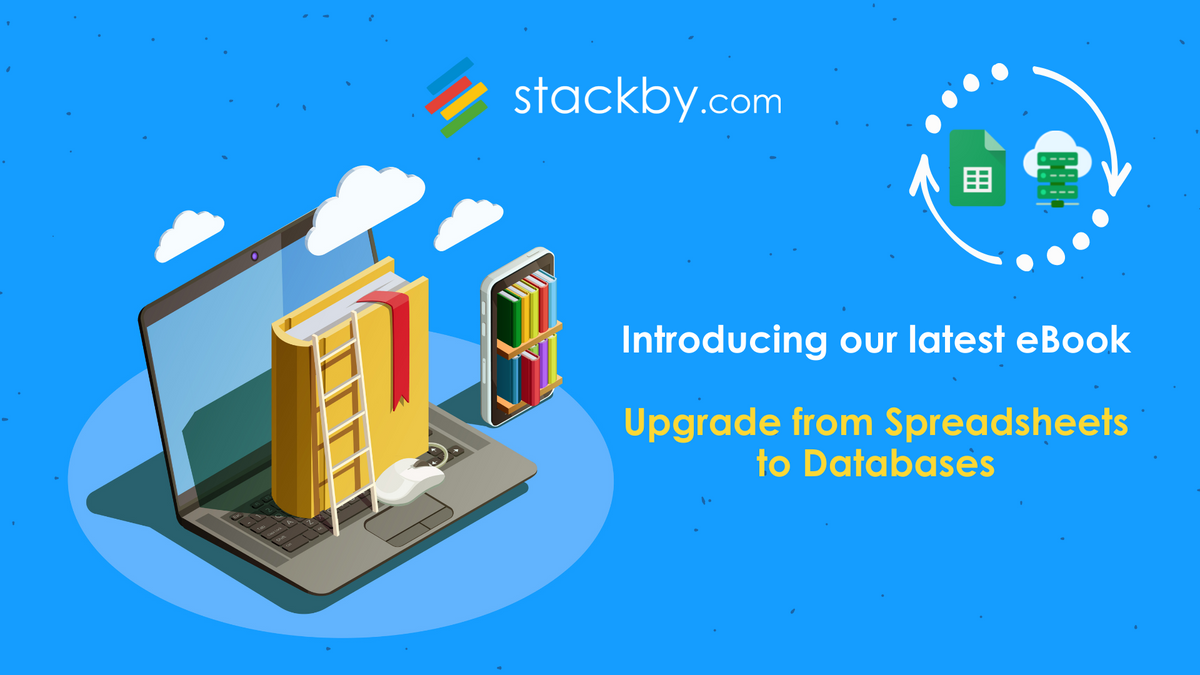
In an era where data reigns supreme, the way we manage and harness it can make all the difference. Spreadsheets have been a staple in business for decades. They are easy to use and readily accessible, which has long been the go-to tool for many individuals and organizations to organize their work, track data, and make calculations.
However, as your business grows, so does your data. Managing large data sets in spreadsheets can quickly become overwhelming, error-prone, and time-consuming.
That is where databases come into play. They provide a structured, organized, scalable way to handle your data. Whether tracking customer information, managing inventory, or analyzing sales figures, a database can streamline your processes and boost productivity.
We at Stackby are thrilled to introduce a game-changing resource that will transform the way you manage data: our new eBook 'Move from Spreadsheets to a Database' where we will guide you on the complete process of moving from spreadsheets to a database.
So, if you have ever felt the limitations of traditional spreadsheets holding you back, this eBook is your passport to streamlined efficiency and a considerable boost in your productivity levels.
According to a recent article in the Enterprise Times, approximately 60 percent of U.S. businesses still rely on Excel spreadsheets, while 21 percent are transitioning to alternative spreadsheet software options.
Let's discover more:
What You Will Find Inside our eBook?
1. Spreadsheet & Database - Everything You Need to Know:
Get a comprehensive understanding of the two titans of data management – spreadsheets and databases. Discover their strengths, weaknesses, and the impact they have on your work.
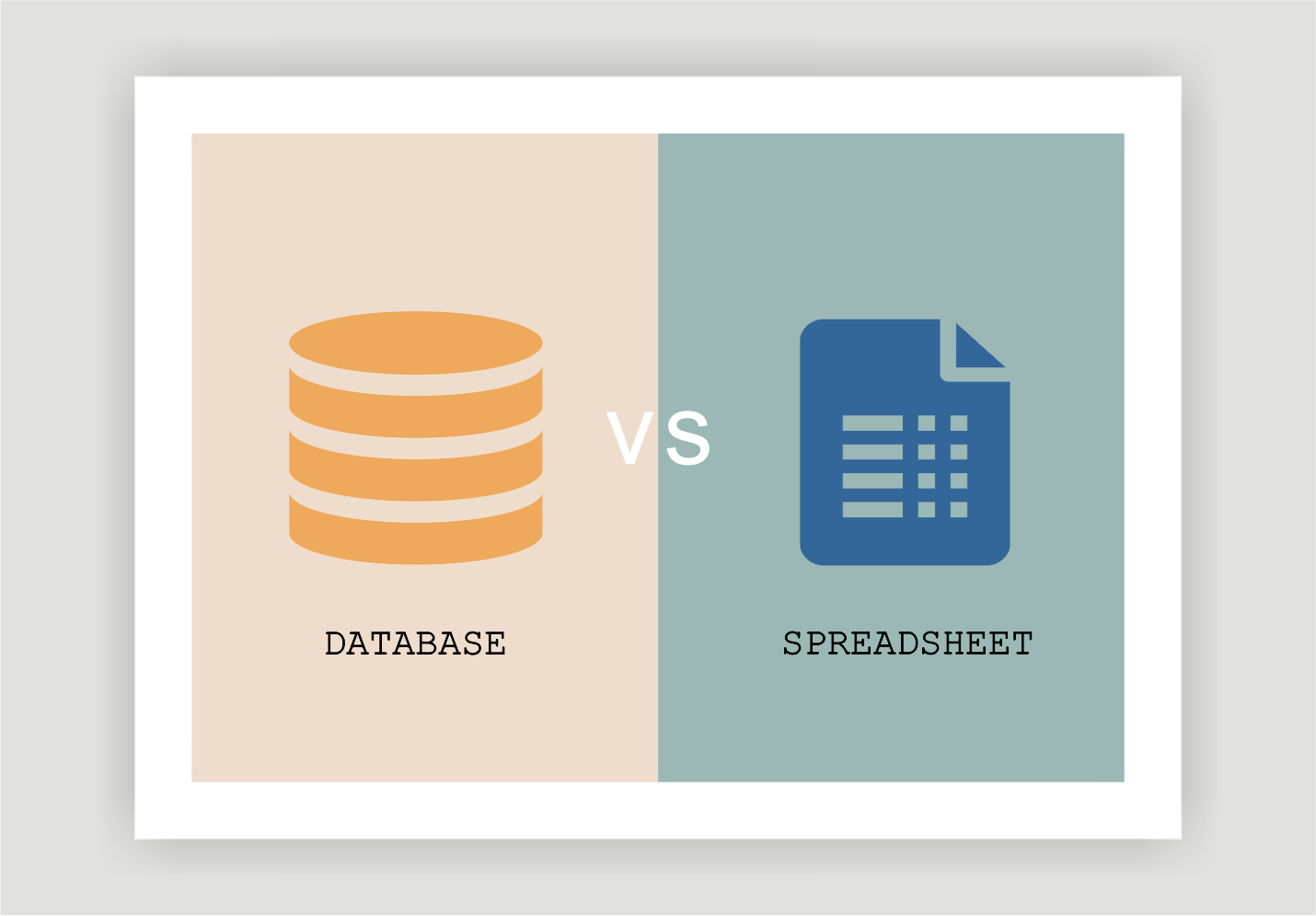
2. Recognizing the Growth Challenge:
As your company expands, so does your data. Learn how to recognize the signs that your beloved spreadsheet might be holding you back rather than propelling you forward.
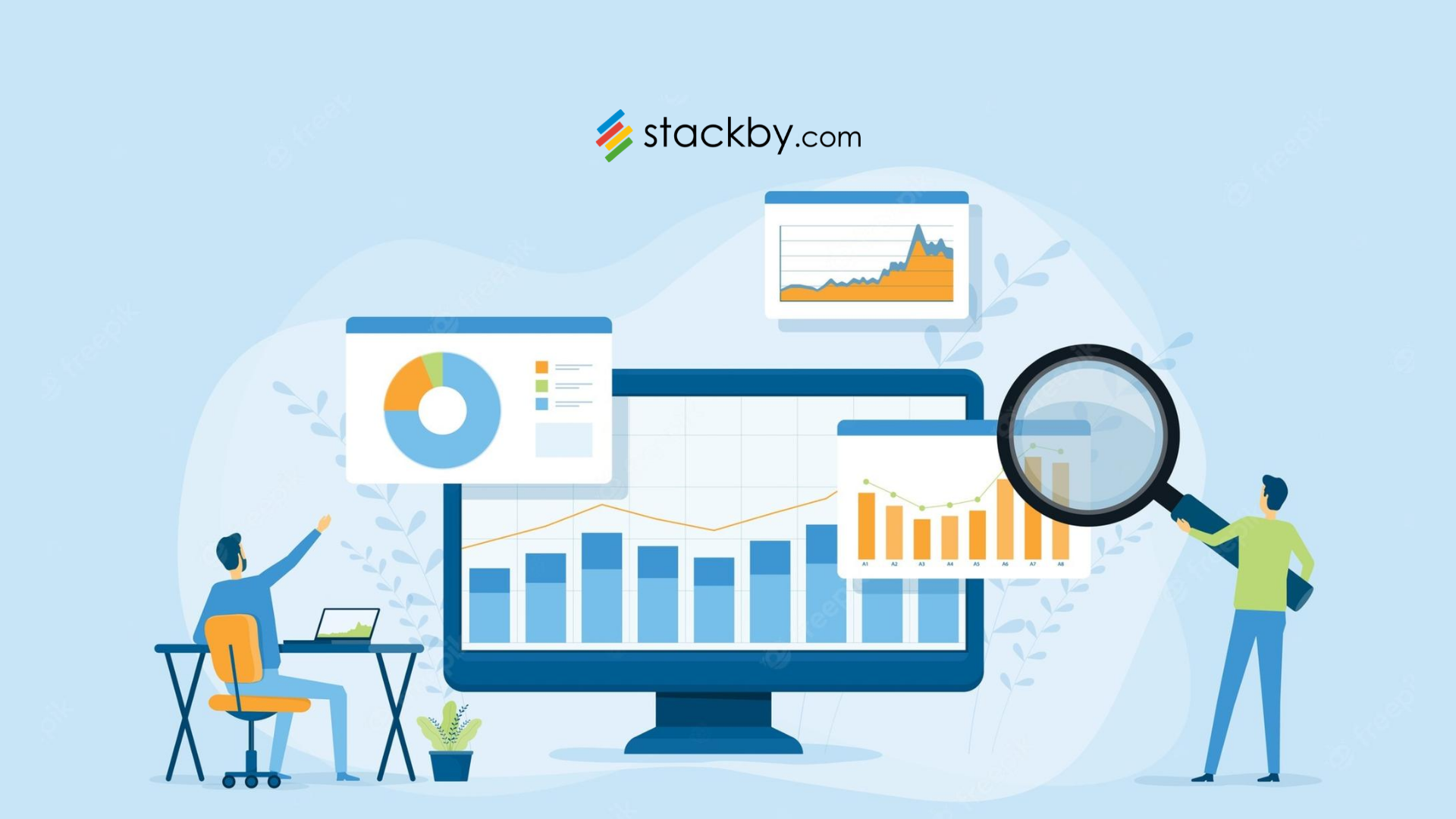
3. Limitations of a Spreadsheet:
Delve into the limitations that make spreadsheets less than ideal for managing complex workflows and why it might be time to set your sights on a more robust solution.
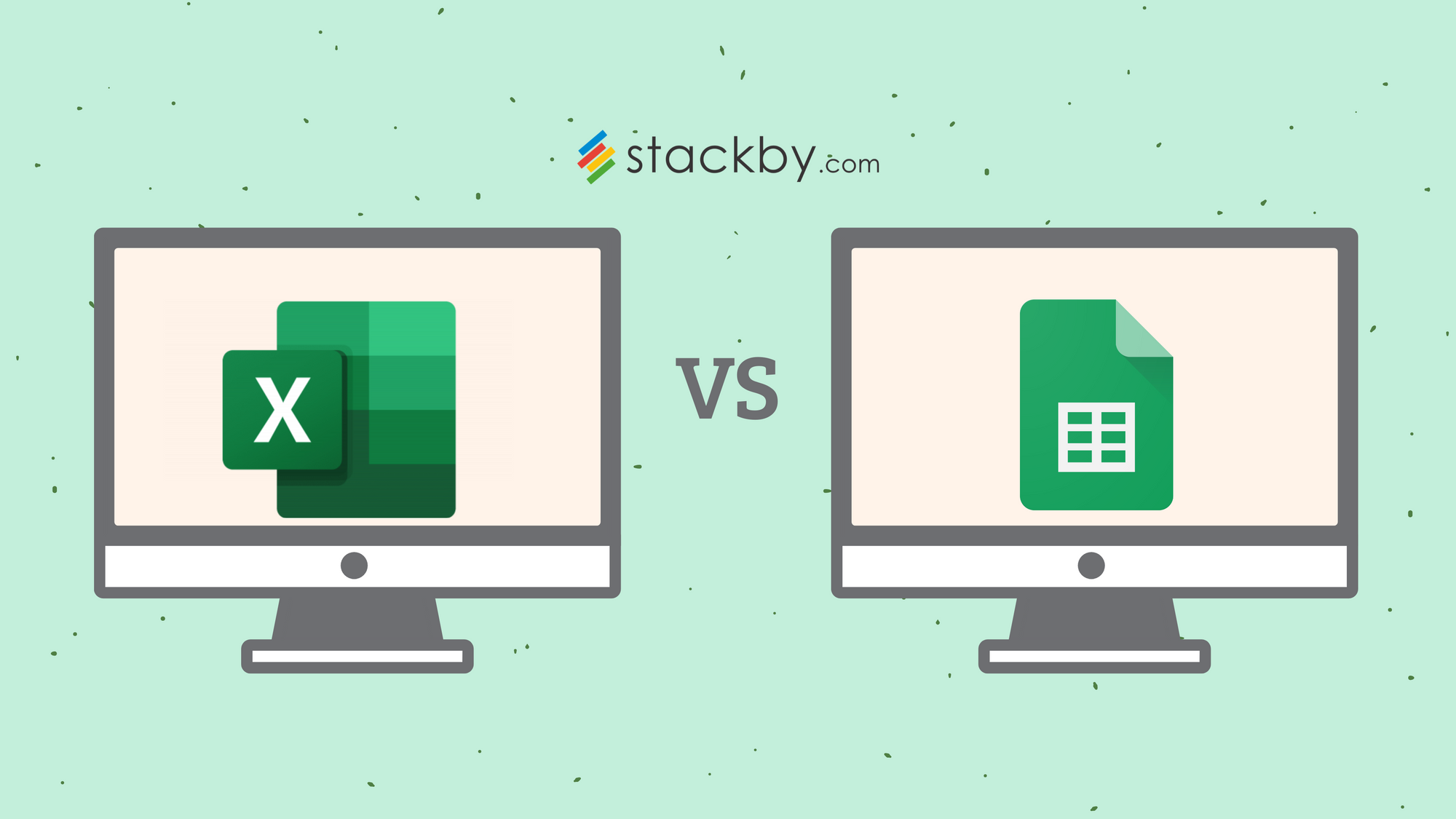
4. Evolve Along with the Growth of Your Company:
Your data management tools should evolve as your business evolves to meet new challenges. Explore why adaptability is key in a rapidly changing landscape.
5. Database - How Will It Help You?:
Uncover the incredible benefits that a relational database brings to the table. From time-saving to improved HR management, a database is your ticket to data management nirvana.
6. Key Differences between Spreadsheet & Database:
Navigate the intricate details that set these two powerhouses apart, including data integrity, accessibility, and presentation.
7. How to Start Working with Database:
Fear not, the transition from spreadsheets to databases. We will guide you through the process, ensuring a smooth shift to a more efficient data management solution.
8. Recap of Databases vs. Spreadsheets:
A quick recap to solidify your understanding and help you make an informed decision about your data management journey.
9. Making the Transition Easy for You:
Transitioning from spreadsheets to a database may sound daunting, but Stackby is here to make it a breeze. Discover how to import your existing data effortlessly and convert it into a structured database.
10. About Stackby:
Get to know the force behind this data management revolution. Learn how Stackby's mission is to empower you to create no-code tools for your personal and professional needs, bringing ease and flexibility to your data management endeavors.
Top Challenges of Spreadsheets
Spreadsheets are versatile tools, but they come with their own set of challenges, including:
1. Unstructured Data Handling
Spreadsheets lack a structured database format, making it challenging to organize and manage data efficiently. It can lead to disorderly data storage and retrieval.
2. Complex Data Filtering and Sorting
Navigating and manipulating data within spreadsheets can become chaotic when it comes to filtering and sorting. It often involves manual efforts and can be prone to errors.
3. Absence of Data Validation
Spreadsheets do not inherently enforce data validation rules, which means there is a higher risk of inaccurate or inconsistent data being entered and processed.
4. Limited Data Visualization
Beyond basic charts and tables, spreadsheets struggle to provide advanced data visualization capabilities. This limitation hinders the ability to gain meaningful insights from data.
5. Challenging Data Lookup
The process of searching for specific data within spreadsheets can become a daunting task, akin to navigating through a maze. It can impede efficient data retrieval and analysis.
So, switching from spreadsheets to a proper database management system is essential for businesses looking to address these challenges.
Databases offer structured data storage, robust validation, advanced querying capabilities, and the ability to create meaningful visualizations.
This transition not only enhances data accuracy and reliability but also empowers organizations to scale efficiently and make more informed decisions based on their data, ultimately driving better business outcomes.
In a Nutshell
Our eBook, "Move from Spreadsheets to a Database", is your comprehensive guide to making a smooth transition and enhance your data management skills.
This resource will give you valuable insights, strategies, and the necessary tools to streamline your operations. Embracing databases will empower you to handle data with precision, improve collaboration, and unlock the full potential of your information.
What are you waiting for? Download our eBook today and start your transformative journey towards more efficient and effective data workflows. It's time to empower your data management for a brighter, data-driven future!

This article was originally published in July 2023 by Stackby Content Team. The most recent update was in July 2025.


![A Simple Guide on Workflow Management Software [Updated 2026]](/blog/content/images/size/w960/2021/12/work-management-blog.png)
![Step by Step Guide on How to Build Forms in a Database [2026]](/blog/content/images/2022/03/form-database-blog.png)
